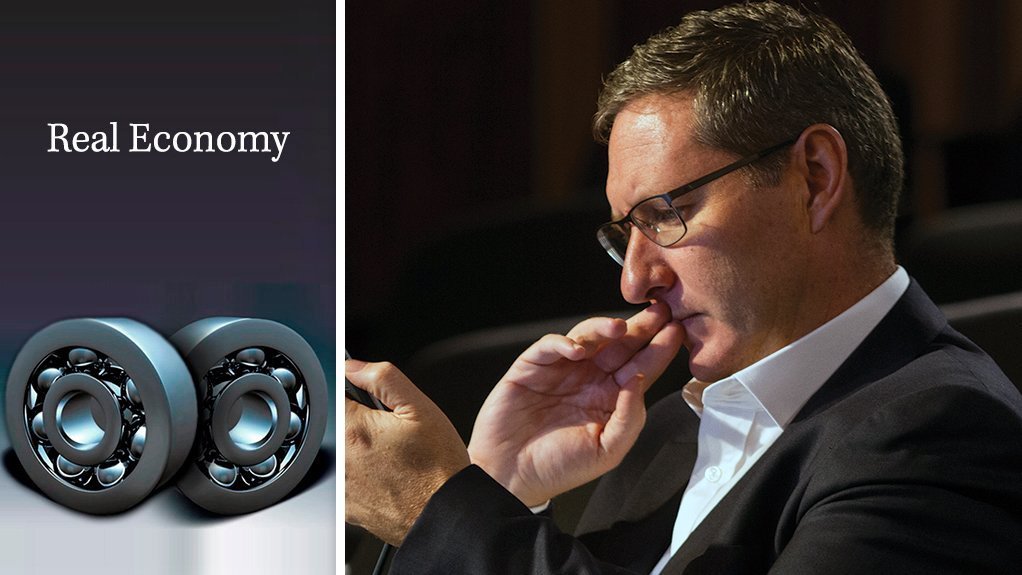“It’s still in the morning – it’s not a midnight special,” President Cyril Ramaphosa jested ahead of his speech at the Union Buildings last month to unveil the contents of government’s economic stimulus and recovery plan. While obviously light hearted, the quirky introduction is important for two reasons.
Firstly, Ramaphosa used it to place some critical distance between his administration and that of his predecessor, President Jacob Zuma. Few South Africans will have forgotten that, under Zuma, important, yet generally destructive and disruptive, interventions were often lumped on an unsuspecting public at some quite ungodly hour of the night.
Secondly, it signalled that Ramaphosa himself understood how damaging his own late-night announcement had been, when he ill-advisedly delivered a televised address reaffirming the African National Congress’s (ANC’s) support for a change to the Constitution to make its language more explicit on the matter of land expropriation without compensation. The broadcast seriously undermined his nascent Presidency, giving the distressing impression that, like Zuma, Ramaphosa was more concerned with internal party dynamics than the needs of the country as a whole.
The economic stimulus and recovery plan provided the President with an opportunity to course-correct by demonstrating both his grasp of the economic predicament the country finds itself in and that he was prepared to be ‘decisive’ – to be sure, the clamour for decisiveness had almost become deafening.
Now much has been written and said about the plan. Initially the reaction was overwhelmingly positive, but the mood has since darkened. The critics rightly point out that there is no stimulus to speak of. In other words, there is no new money. Instead, Finance Minister Nhlanhla Nene has been left with the unenviable task of finding R50-billion to take from Peter to pay Paul.
However, the focus on stimulus, in my view, misses the point entirely. Without question, the most important word in the plan’s title is not ‘stimulus’, but ‘recovery’. South Africa is simply not in a position to blow the Budget. A “midnight special” that ignored government’s precarious fiscal position would have been as irresponsible as announcing fee-free higher education on the eve of a party conference.
By contrast, populist proposals, such as stripping the South African Reserve Bank of its independence and aggressively widening the deficit, have been eschewed. The plan focuses, instead, on painstakingly building consensus and sustainable partnerships. Its objective is a ‘recovery’ in trust among the social partners, which, in turn, enables a rebuilding of confidence – often described as the cheapest form of stimulus.
In other words, the package of measures announced on September 21 amounts to a turnaround plan. Its true boldness lies, therefore, not in big promises and ambitious projects, but in the fact that it is rooted in reality, not ideology. Bold, too, because Ramaphosa is choosing the responsible path, while fully alive to the fact that his Presidency will ultimately stand or fall on the outcome of what is likely to be the ANC’s most difficult election yet.
EMAIL THIS ARTICLE SAVE THIS ARTICLE ARTICLE ENQUIRY
To subscribe email subscriptions@creamermedia.co.za or click here
To advertise email advertising@creamermedia.co.za or click here











